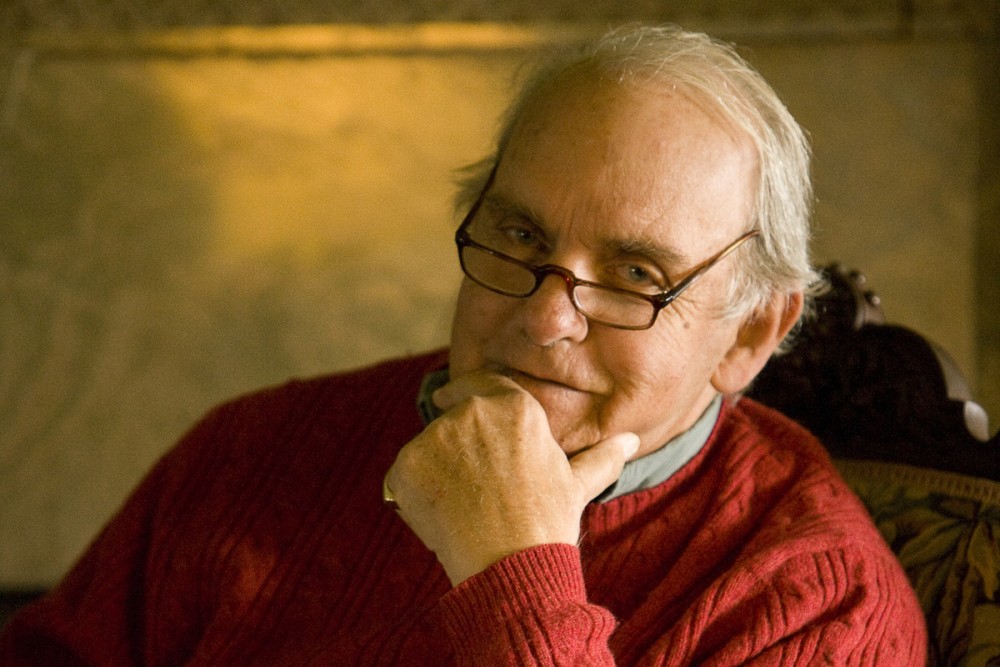Frederick Buechner’s many benedictions
Buechner never stopped searching his own life for clues to the presence of God.

Frederick Buechner was arguably the foremost spiritual writer of his generation. His writing career spanned six decades, during which he wrote more than 30 books. His work has been translated into 27 languages. One of his books (Lion Country) was nominated for the National Book Award and another (Godric) was nominated for the Pulitzer Prize. During the 1980s and 1990s, he was quoted from American pulpits more often than anyone alive at the time. He was the rare author who appealed to both mainline Protestants and evangelicals.
What is even more remarkable is that he was a master of four distinct genres: novel, sermon, popular theology, and memoir. He might have won the literary equivalent of a pentathlon if he had pursued a fifth genre—short stories. The only one he ever published, early in his career, won the O. Henry Award.
Buechner’s literary career began in spectacular fashion with the publication of his first novel, A Long Day’s Dying, in 1950, when Buechner was 23 years old. Today, the novel seems rather labored and stylized, with only hints of the artistry of his works that followed. At the time it was published, however, it was a literary sensation. The book inspired rapturous reviews in all the major publications. Buechner was compared to Henry James and Marcel Proust. Leonard Bernstein declared the novel “a literary triumph” and expressed interest in collaborating with Buechner on an opera libretto. The book became a bestseller.




